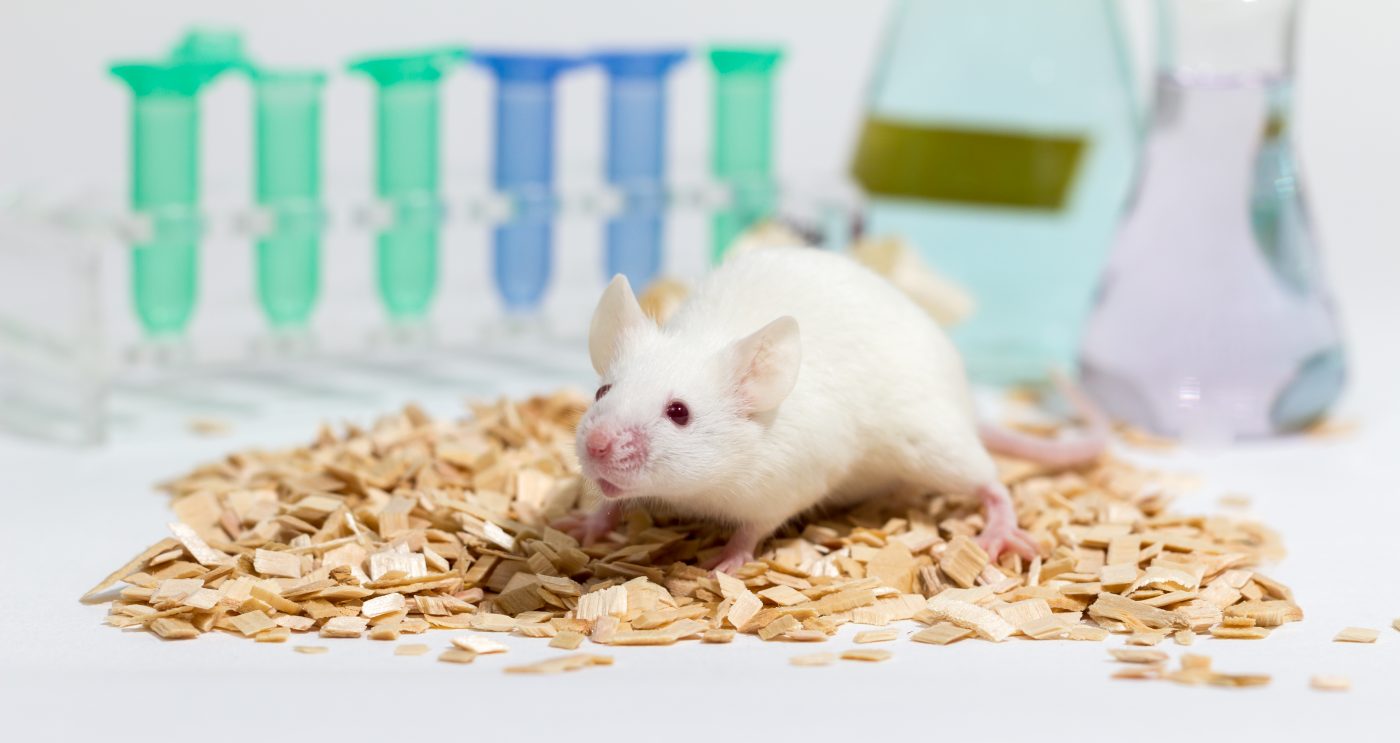Collaborative Study Discovers a New Therapeutic Strategy for Myotonic Dystrophy
Written by |

A new study published in the journal Human Molecular Genetics revealed a new therapeutic approach that could potentially alter the progression of muscle damage and dysfunction in patients with myotonic dystrophy. The study is entitled “TWEAK/Fn14, a pathway and novel therapeutic target in myotonic dystrophy” and was performed by researchers at the University of Virginia (UVA), University of Rochester and Biogen Idec.
Myotonic dystrophy is a progressive muscle degeneration disorder, characterized by weakness and shrinkage of the muscle tissue. It is the most prevalent muscular dystrophy in adults, in which patients experience an inability to relax muscles at will. The disease can also affect the eye, the central nervous system, the heart muscle and muscles important for the respiratory function. Myotonic dystrophy is caused by an abnormally expanded section in a gene called DMPK in myotonic dystrophy type 1, or in the gene CNBP in myotonic dystrophy type 2. Currently there is no treatment for the disease.
The study’s senior author, Dr. Mani S. Mahadevan at UVA has focused his research on myotonic dystrophy having been involved in the discovery that the disease is caused by an expanding piece of DNA. Now, Dr. Mahadevan and his team have found that the muscles of both mice models and humans with myotonic dystrophy have an excessive activity of a protein called TWEAK and its receptor, Fn14 (fibroblast growth factor-inducible 14). The activity levels of both TWEAK and Fn14 were found to correlate with disease severity.
Based on their findings, the researchers contacted Biogen in the search for a therapy to block the TWEAK pathway. The company had an experimental drug, an anti-TWEAK antibody, that was being tested for the treatment of other disorders, namely rheumatoid arthritis. The research team showed that the Biogen experimental anti-TWEAK antibody was able to reduce myotonic dystrophy symptoms in mice, resulting in an improved muscle function and improved grip strength. The muscles of the animals were reported to have become healthier and, remarkably, the animals were found to live longer. The ultimate goal of the study is to test the therapy in humans, and if successful, obtain approval from the U.S. Food and Drug Administration (FDA).
“The nice thing about this therapy is that we know that it’s already been shown to be safe, because clinical trials have already been done with it for other conditions. That’s a big, big hurdle that’s been overcome,” said the study’s senior author Dr. Mahadevan in a news release. “With a lot of drugs, the problem is that once you do these proof-of-concept studies, the drugs need to be developed a lot further, refined and tested for safety and efficacy. But a lot of that work has been done, so therefore we can leapfrog the development of this therapy so that it can be moved into clinical trials sooner.”
They believe this experimental drug is a potential new therapeutic strategy for the treatment of myotonic dystrophy in humans. “There’s a lot of excitement within the patient community and within the field of researchers who are working on myotonic dystrophy right now,” concluded Dr. Mahadevan. “There’s a lot of hope.”





